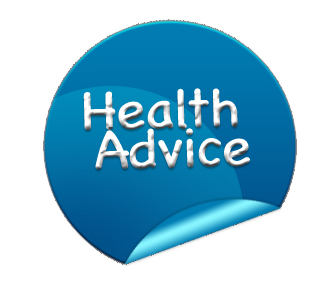Health Advice
 Dear Parents,
Dear Parents,
Be aware of HEAD LICE!. Outbreaks of head lice are common in schools, especially in warmer weather. They are not serious or anything to be alarmed about but do need immediate attention, as they can give discomfort and are easily spread. It is recommended that you examine your child’s head regularly so that, if necessary, immediate treatment can be started.
How to Identify Head Lice
Head lice, or pediculus capitis are very small insects that live on the human scalp. They are a whitish-gray in colour, but turn reddish brown after feeding on blood from the scalp. They regularly lay clusters of eggs, called nits, on the roots of hair, which appear yellowish-white in colour. The young are almost translucent until they have had their first meal, when they turn red. These small insects are fast moving but cannot jump or fly.
The most common symptom is an itchy head. Tiny red bite marks may also be visible around the hairline, and head lice may be visible behind the child’s ear, or on the nape of their neck.
Treatment and Prevention
- Wash hair using a shampoo without conditioner or a shampoo specially formulated for treating head lice. Head lice removal shampoos contain strong insecticides, so follow the instructions carefully.
- Regularly soak items that come into contact with children’s hair. This includes blankets, hats, caps, scarves, stuffed toys and rugs. Anything that cannot be washed in a washing machine should be soaked in hot water and laundry detergent for a minimum of 10 minutes.
- Parents should regularly check their children’s hair and to report any cases of head lice to our school nurse to reduce chances of the children spreading head lice.
- Avoid sharing hats, bicycle helmets, combs, brushes and clothing with anyone who may have lice. If you have lice, do not allow anyone to use your personal items.
- Manual removal with a comb is the safest and often the most effective method of controlling lice.
- Children should not return to school until they have been treated and are completely free from head lice.
Jeanette Hui
School Health Professional
